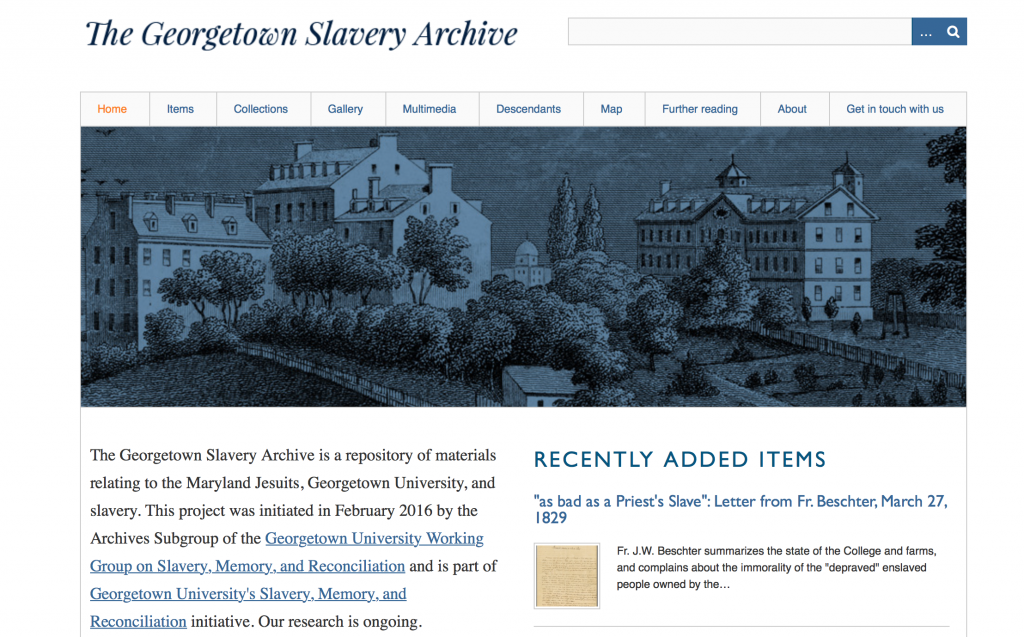Overview
While travelling in the crowded metro buses of the French capital, Paris, I realized just how popular alternatives to paper-books have become. Ebooks and Audiobooks with their economy of space and almost-instant accessibility have proven to provide a practicality and efficiency that was not possible beforehand. Thinking about how inconvenient it has become to have to find a bookstore and then carry around the weight of 300 leaves of paper in comparison to the uncomplicated and unburdensome process of clicking a button on an electronic device, imagine how much harder it must be to look for sources in a library. How about looking for sources that are sometimes indecipherably handwritten on antique jaundiced papers? The problem is that, most of the times, these sources are not even available to the public for being so fragile.
Thankfully, however, this difficulty can be and has been overcome because of the incredible work of Digital Humanists, who with the assistance of modern-day technology research, organize, process and present projects that display valuable information in an accessible manner. “The Georgetown Slavery Archive” is a website that publishes existing documents in Georgetown concerning its connections to slavery. The website’s self-description is as follows: “The Georgetown Slavery Archive is a repository of materials relating to the Maryland Jesuits, Georgetown University, and slavery”.Thanks to the possibilities that exist with present-day technology, this website was able to amass physical paper documents, digitize and render them accessible on the internet, allowing for audiences all over the world to access this information with a click of a button.

The project is part of the Georgetown University’s Slavery, Memory, and Reconciliation initiative, and serves, as mentioned, as a repositor of materials relating to Georgetown University, the Maryland jesuits and Slavery. Through this support, materials on all related subjects were collected through three sources: Maryland Province Archives of the Society of Jesus, Booth Family Center for Special Collections, and the Georgetown University Library. As of today, the project counts with 405 items in its inventory of materials, grouped in 6 different collections. Once clicked upon, each item opens up to a page containing information such as title, subject, date, etc. This page also contains the “text”, a re-transcribed version of the paper material to digital text, as well as a scanned copy of the original document. The archive also includes videos and podcasts created by professors and students of Georgetown University. In addition to all these elements, the articles have also been geotracked and can be visualized on Google Maps. All of these different search modes can be easily found on the top of the website, with different button suggestions for what can be seen. This way, users can be immediately aware of what the options are and how to navigate the website.
Finally, the website indicates that the project was presented with an updated version of Omeka, which is described as an “open-source web publishing platforms for sharing digital collections and creating media-rich online exhibits”. Through this platform, the archive has now been published and is open for anyone interested in reading through the documents, without any need to dislocate to the actual site and having to dive into a pile of papers.
